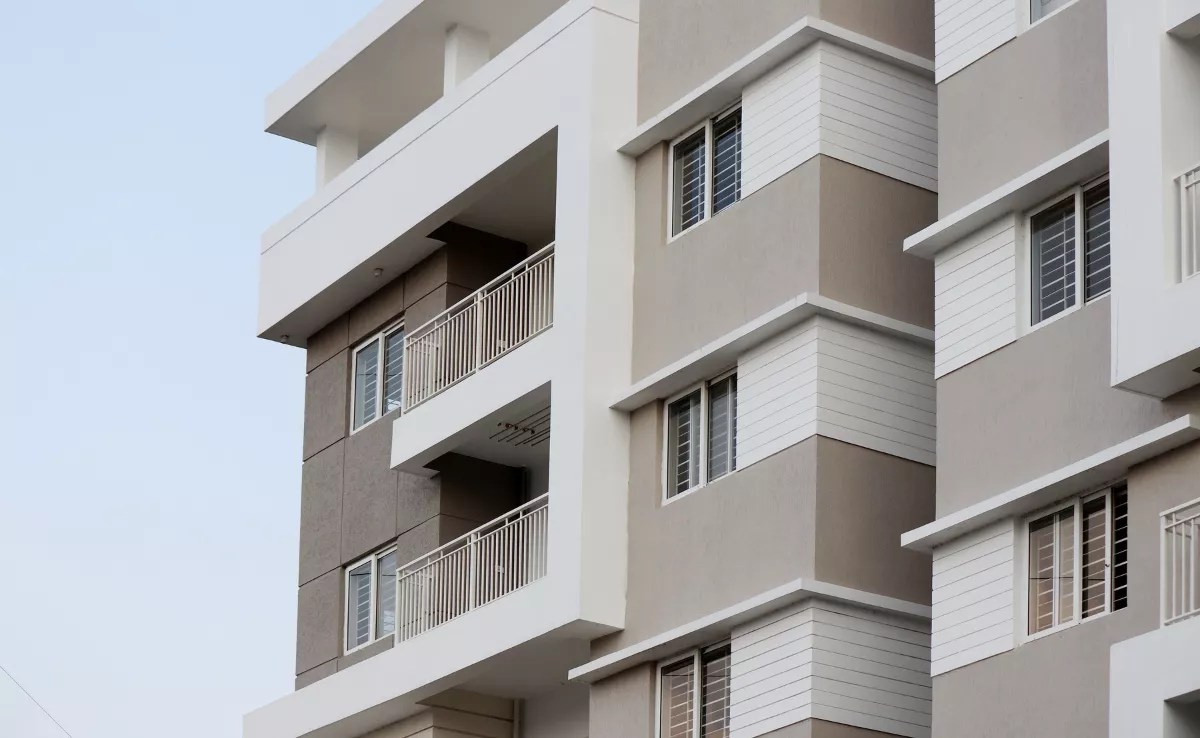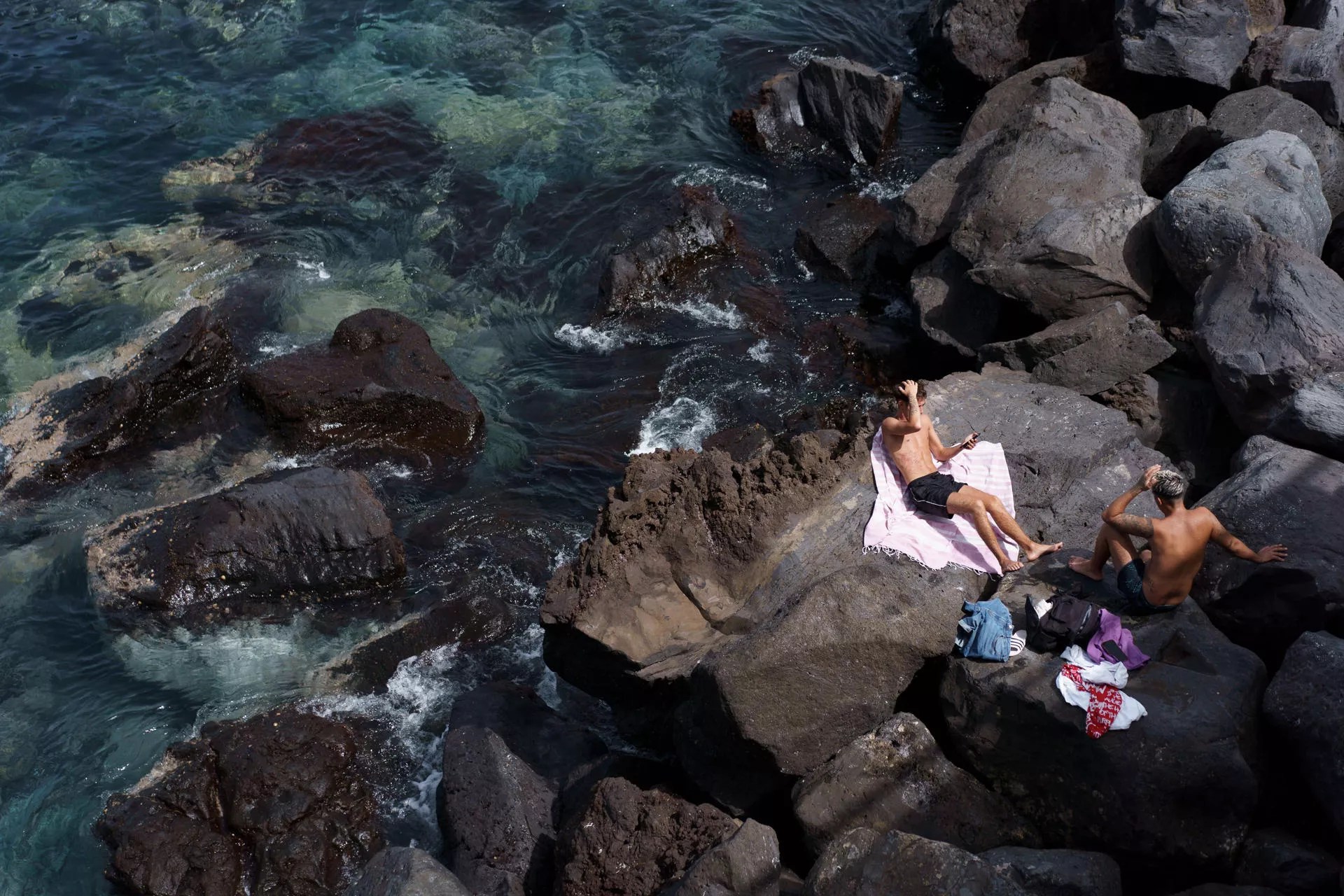
They argue that there were masks that did not meet the requirements and were paid less than the stipulated price, despite objections from the company.
MADRID, 10th June (EUROPA PRESS) –
Antonio José Olivera, the former vice-councillor of the Presidency of the Canary Islands and current chief of staff for Minister Ángel Víctor Torres, stated on Monday that the company associated with the Koldo scheme contacted him regarding the mask contract through a financial proposal which was later approved by the Canarian Health Service. He explained that the contract was renewed for a second time with Management Solutions “due to the positive outcomes” from the first order.
This was revealed during the congressional commission investigating the procurement of medical supplies during the pandemic.
Following this, he mentioned that he became the director of the Canarian Health Service since the onset of Covid-19.
In this context, the sole director of the company linked to the Koldo scheme, Íñigo Rotaeche, got in touch with him on 21st April 2020 to inform him that they were going to supply masks to State Ports and had the capacity to provide additional masks, although he could not recall if he mentioned the former ministerial advisor, Koldo García.
Olivera requested that they email him the specific financial proposal and technical specifications, which was then sent to the General Directorate of Economic Resources of the Health Service. They validated these terms and forwarded them to the General Directorate of Services to assist with the technical details of the product.
“Once the Services were approved, and considering that the price of the product offered was very reasonable at that time, with almost immediate delivery capacity, the order was formalised,” he added.
THE DELIVERY ARRIVED IN THREE PHASES
The former vice-councillor of the Presidency during the pandemic further explained that the material contracted with the company linked to the Koldo scheme arrived in three phases at the end of April, “promptly.”
Therefore, he defended placing a second order of two million masks “due to the positive outcomes in the delivery of the initial order,” which also arrived in the second half of May, “with quick fulfilment too.” .
He clarified that “not a single Euro was paid in advance” for either of the two orders made with this company, and the payment was made upon confirmation of the validity of the different mask batches received by the precautionary services, as indicated.
However, Torres’ chief of staff highlighted that the precautionary services opted to send samples to the National Center for Protective Measures due to the “uncertainties that arose regarding some of the models received.”
“A VERY FAIR PRICE”
In light of this, he elaborated on how the company linked to the Koldo scheme even protested through a letter, although the Canary Islands Health Service stressed that “only what was approved by the audit would be compensated.”
In total, the company delivered 5.3 million masks to the Canary Islands, with 4.4 million being considered FPP2 and paid accordingly, while 837,000 masks were FPP1 and were compensated 66% below the initially agreed price.
“It is clear that Management Solutions simply provided us with masks at a very fair price during the worst of the pandemic, and they were compensated in line with the quality of the material supplied. Any substandard material was paid for based on its actual quality,” he stated.
SOLVENCY VERIFICATION WAS UNNECESSARY
Furthermore, Olivera took the opportunity to highlight that in the emergency contracts established during the Covid-19 pandemic, it was not necessary to confirm the financial stability of the contractors or assess the connection of the activity with the intended purpose of the contract.
As he outlined, the criteria for formalising contracts during that period were: “The contracted activity must be strictly essential to prevent and remedy the emergency situation, the commencement of the expectation should not be delayed by more than a month, and the requirement to notify the governing body.”.
Therefore, the company “did not need to demonstrate its capacity to act,” yet he reiterated that the company involved in the Koldo scheme, Management Solutions, fulfilled its duties “adequately.”
THE FOUR MILLION FROM RR7
During his appearance, the former vice-councillor was also questioned about the agreement signed by the Canarian administration with the company RR7 United. As he explained, he “was not involved” in that contract and learned about it through the media.
He clarified that it was the former director of the Canarian Health Service, Conrado Domínguez, who passed on the proposal to the then General Director of Economic Resources Services, Ana María Pérez. Subsequently, Pérez assumed responsibility for signing the agreement with RR7, and it was stressed that “the Government Council was unaware of the said contract,” he reaffirmed.
Following this, upon realising that the company failed to meet the obligations outlined in the contract and in material delivery, as described by Olivera, the regional administration initiated proceedings to recover the sum paid, which is currently ongoing.
When responding to questions from the various groups, Olivera defended that Conrado Domínguez “had a good reputation” in the Canary Islands: “At that time, there was a general consensus in the Canary Islands that he was a public servant and a competent official.”
















